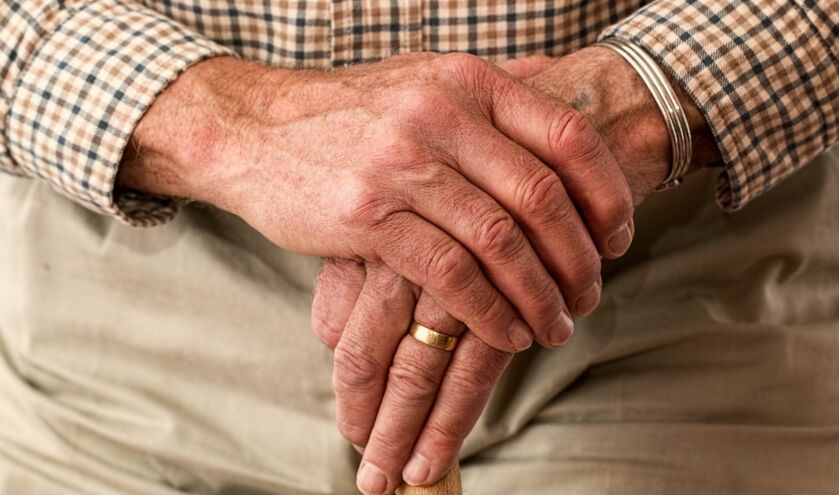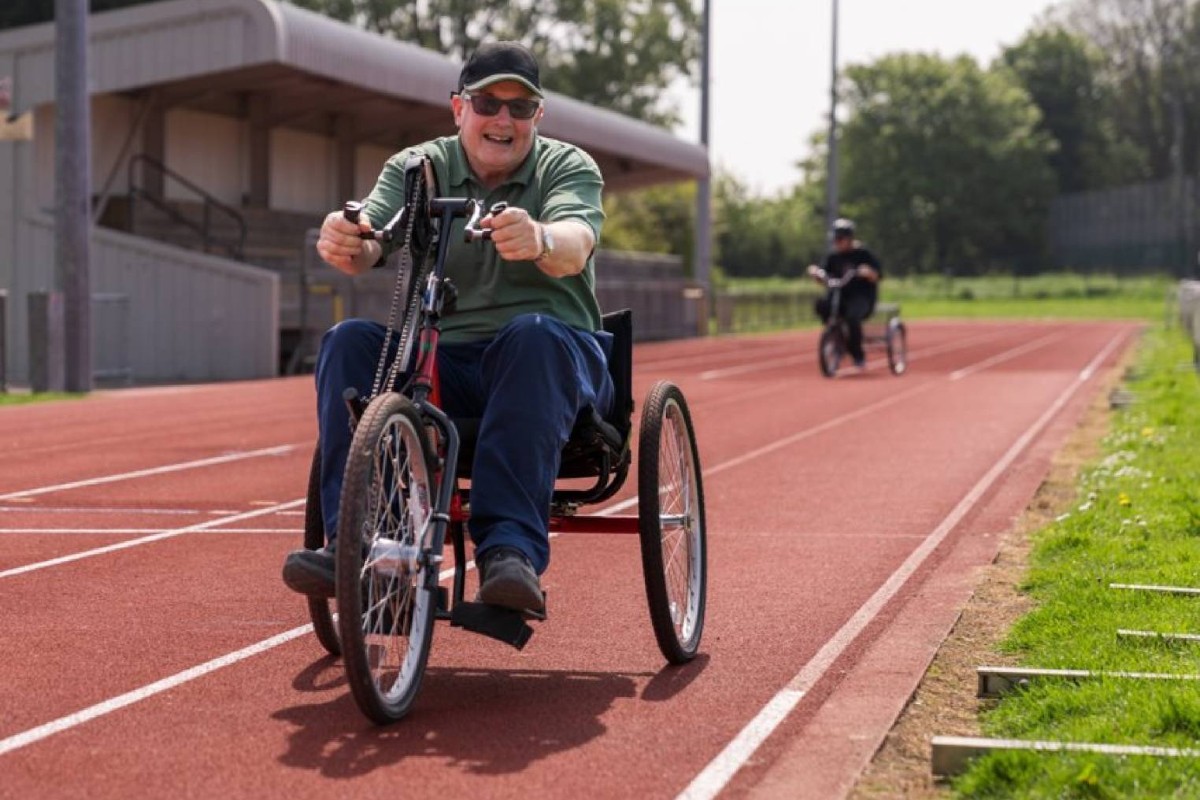The updated guidance covers residential care homes, hospitals and other healthcare settings in the community for the first time.
It recommends checks are carried out by an occupational therapist or an appropriately trained healthcare professional, therapy assistant or technician with supervision. These assessments should check for things in the home or garden that might cause a fall, like uneven flooring or poor lighting, and could recommend installing handles, grab rails or other equipment to reduce the risk of a fall. The person's physical and cognitive capacity to get around safely would also be checked and their previous medical history taken into account.
The updated guideline recommends offering a comprehensive falls assessment and management for people who have fallen in the past year and are living with frailty, were injured in a fall, experienced loss of consciousness related to the fall, have been unable to get up independently after a fall, or have had two or more falls.
The assessment can include physical examinations, checking a person's balance and gait and asking them about possible dizziness. It also considers how each person's risk factors can be resolved, improved, or managed to reduce their risk of falling.
Following the falls assessment a range of different interventions can be recommended, including a falls prevention exercise programme.
Professor Jonathan Benger, chief medical officer and interim director of the Centre for Guidelines at NICE, said: ‘Identifying those at greatest risk of falls and providing them with the preventative help and support they need will not only improve people's lives, but it will also free up clinical time and resource too.'
The updated guidelines also recommend healthcare professionals consider carrying out a review to help identify any medicines that may increase a person's risk of falls and consider adjusting their medicines to reduce any risk.
The guidelines continues to recommend evidence-based falls prevention exercise in community settings. However, a notable update includes the recommendation to improve access to exercise for older and at-risk groups who do not need a comprehensive assessment.
It recommends that people, including those in hospital and residential care, are encouraged to remain active, unless they have been advised not to.



